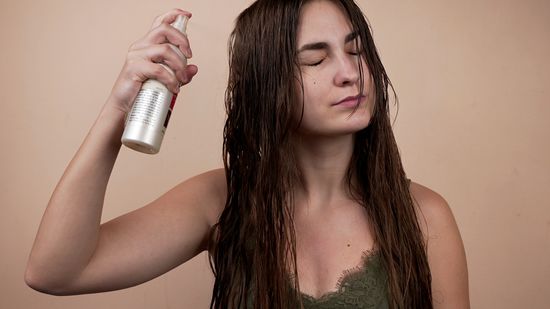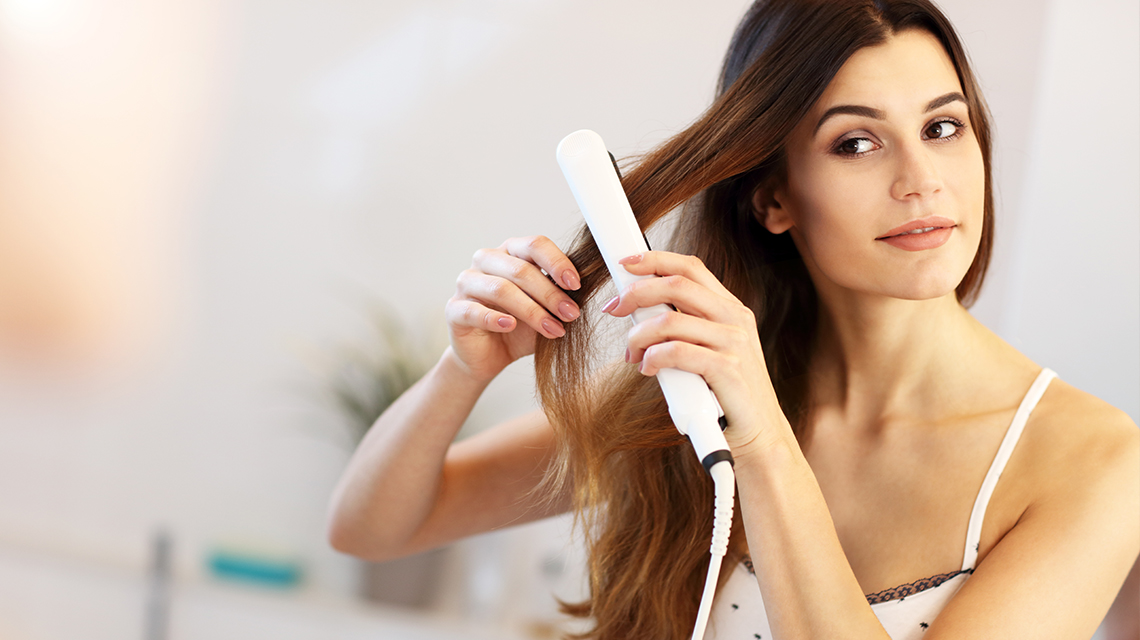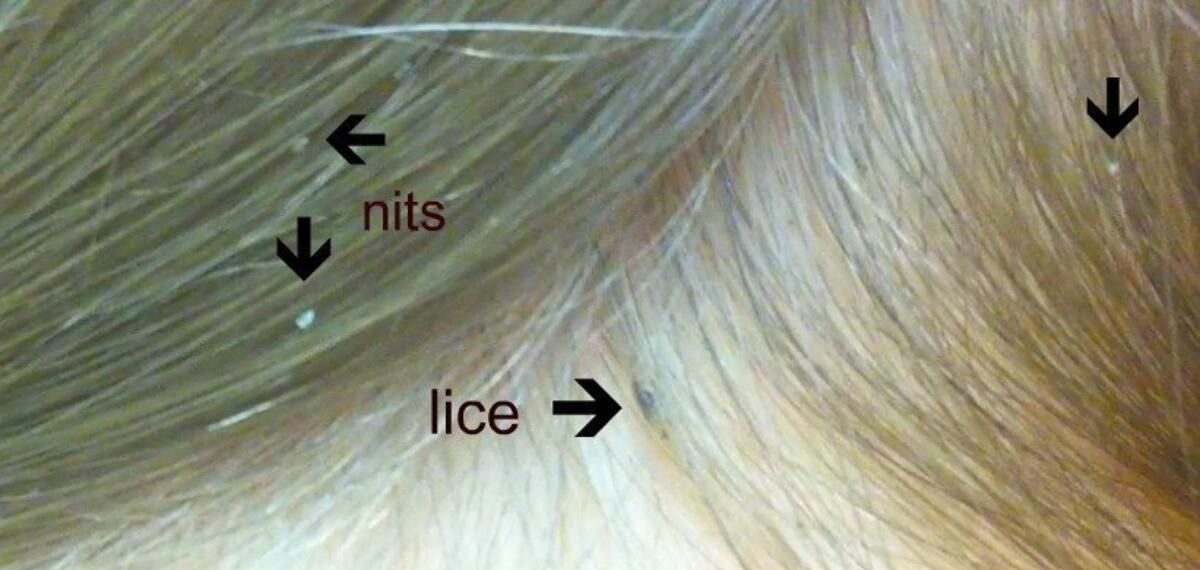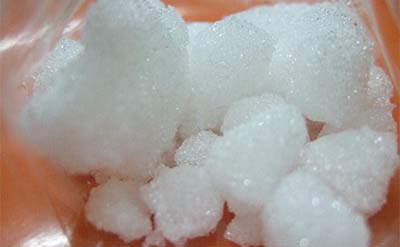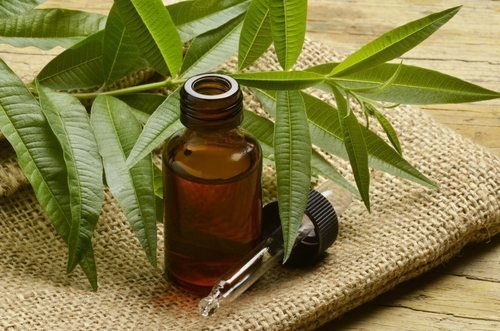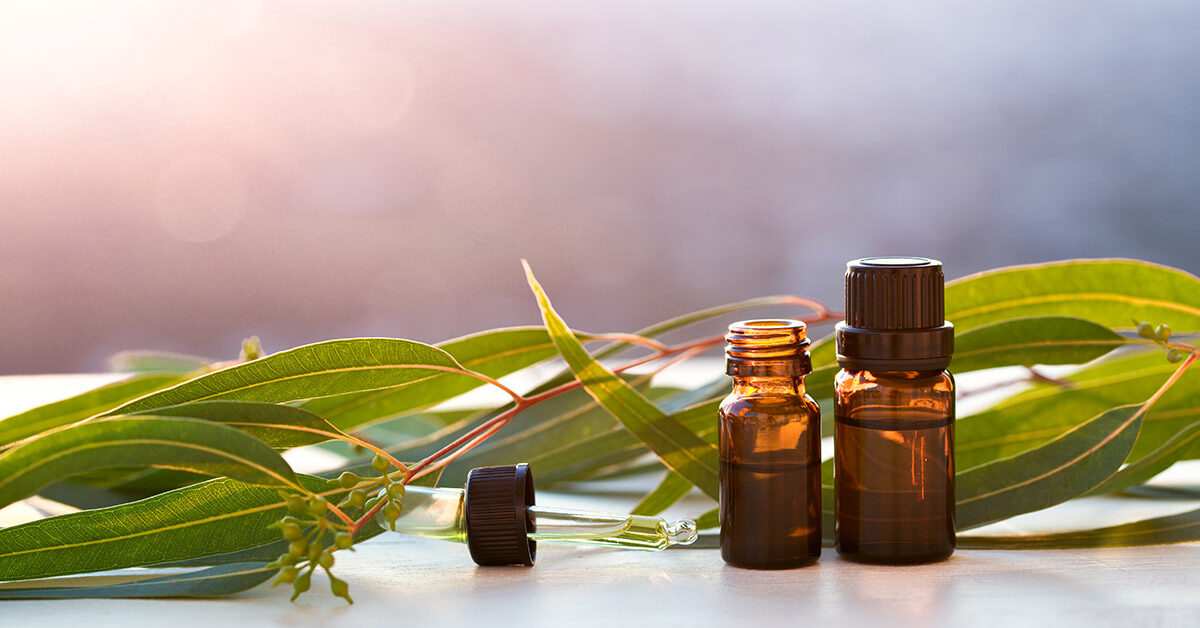Maintaining healthy hair has been considered an essential part of overall well-being since ancient times. In our ancient Indian system of medicine that is in Ayurveda, natural hair oils are made from a blend of natural herbs, seeds, fruits, nuts and botanical extracts. It has been used for centuries to nourish and strengthen hair naturally. These oils not only improve hair health but also address specific hair concerns such as hair loss, dryness, dandruff, and premature greying.
In recent times healthy hair is important for men as it contributes to their overall appearance and self-confidence. While there are numerous hair care products available in the market, natural hair oils have proven to be effective in nourishing and strengthening hair naturally.
In this article, we will explore ten natural hair oils that are beneficial for men to enhance their hair health naturally.
Coconut Oil
Coconut oil is a versatile and widely used hair oil known for its numerous benefits. It contains essential fatty acids that penetrate the hair shaft, providing deep conditioning and moisturization. It also has antimicrobial properties that help combat dandruff and scalp infections. Regular application of coconut oil can promote hair growth, strengthen hair follicles, and prevent protein loss, resulting in thicker and healthier hair.
Bhringraj Oil
Bhringraj oil is derived from the bhringraj herb, also known as the “king of hair” in Ayurveda. It is highly regarded for its hair growth properties. Bhringraj oil nourishes the hair follicles, stimulates hair growth, and helps prevent hair fall. It also helps reduce premature greying and promotes the natural colour of the hair. Regular use of bhringraj oil can result in thicker, more lustrous, and healthier hair.
Amla Oil
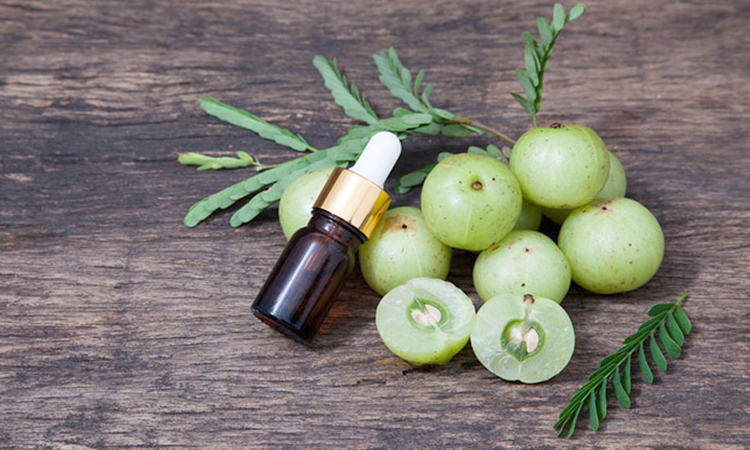
Amla, commonly known as Indian gooseberry, is an excellent source of vitamin C and antioxidants. Amla oil is known to strengthen hair follicles, promote hair growth, and prevent hair breakage. It also nourishes the scalp, reduces dandruff, and adds shine to the hair. Amla oil is particularly beneficial for men with dry, damaged, or brittle hair, as it provides deep conditioning and hydration.
Jojoba Oil
Jojoba oil, extracted from jojoba plant seeds, is very similar to the natural oils produced by the scalp. This makes it an excellent choice for moisturizing hair and balancing sebum production. Jojoba oil can help control excess oiliness while preventing dryness and flakiness. It also nourishes the hair follicles, promoting healthier hair growth and preventing hair loss.
Argan Oil
Argan oil, often referred to as “liquid gold,” is extracted from the kernels of the Moroccan argan tree. Rich in essential fatty acids, antioxidants, and vitamin E, argan oil helps nourish and repair damaged hair. It improves hair elasticity, reduces frizz, and adds shine. Argan oil is especially beneficial for men with dry, brittle, or chemically treated hair.
Olive Oil
Olive oil, a staple in Mediterranean cuisine, offers numerous benefits for hair health. It contains antioxidants and vitamin E that moisturize the hair, prevent split ends, and reduce scalp inflammation. Olive oil also strengthens the hair shaft, improves elasticity, and enhances hair growth. Regular use of olive oil can result in softer, smoother, and more manageable hair.
Almond Oil
Almond oil is a lightweight, non-greasy oil that provides deep nourishment to the hair. It contains high levels of vitamin E, omega-3 fatty acids, and magnesium, which promote hair growth, reduce hair fall, and improve overall hair health. Almond oil also adds luster and shine to the hair, making it an ideal choice for men with dull or damaged hair.
Brahmi Oil
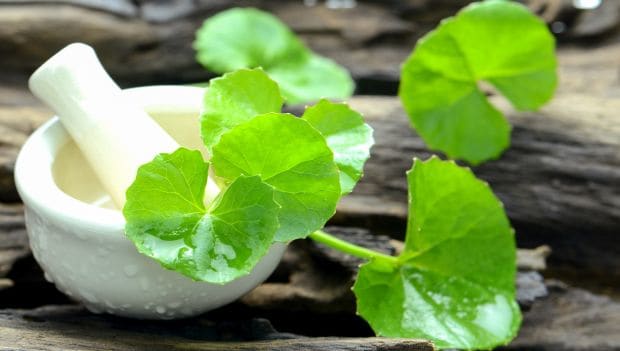
Brahmi oil is derived from the Brahmi herb, known for its rejuvenating and calming properties. It helps relieve stress, nourishes the scalp, and promotes hair growth. Brahmi oil also improves blood circulation to the hair follicles, strengthens the hair roots, and prevents hair fall. Additionally, it helps reduce split ends and enhances the overall texture and shine of the hair.
Conclusion
Including natural hair oils in your hair care routine can significantly enhance the health and appearance of your hair. From coconut oil to Brahmi oil, each natural oil offers unique benefits for hair growth, nourishment, and overall scalp health. Regular use of these oils can combat common hair problems such as dryness, dandruff, and hair loss while promoting thicker, stronger, and healthier hair. Experiment with different oils to find the ones that suit your hair type and address your specific concerns. Remember to perform a patch test before applying any oil to ensure you are not allergic to it.




